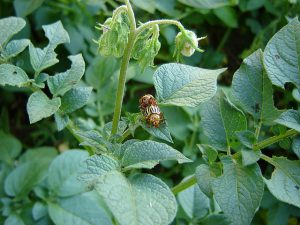Middle Eastern olive oil producers are baring the brunt of falling oil prices
Olive oil prices have hit a 10 year low, severely impacting producers in Spain, Italy , Greece and Protugal- which produce more than 60 percent of the world’s olive oil. However, Middle Eastern Farmers in Tunisia, Morocco, Syria, Libya, Israel and Palestine will also be severely affected. Part of the recent olive oil price crises is as a result of surplus production due to heavy olive oil subsidizing in the EU and the subsequent unsuccessful attempt by the EU commission to maintain prices relatively high and stable by paying farmers to stockpile olives.
The resulting overstock of olive oil is leading to producers in the EU to dump huge amounts of olive oil in foreign markets at prices below what is being sold domestically. This is forcing domestic producers in the Middle East to sell their olive oil at below production cost in order to remain relatively competitive with the cheaply imported European olive oil.
Several Middle Eastern farmers are paying the price of EU subsidies, and finding it hard to export their own produce.
Nasser Abu Farha, the director of Canaan Fair Trade that works with 1,500 Palestinian farmers, worries that the catastrophic flood of cheap oil from Europe will threaten some 200, 000 families that are directly involved in the 200 million dollar olive oil business in the Palestinian authority.
Farmers on several kibbutzim and organic olive mills are also at risk in Israel, as major Israeli food chains are importing cheap olive from abroad rather than selling local olive oil. Other countries such as Tunisia, the largest Middle Eastern olive oil producer which exports 18.5% of the world’s olive oil, followed by Syria (3.6% of world exports- and growing notwithstanding tensions) and Morocco 1.8% of world exports will also suffer.
However Nasser believes that there is hope for farmers that are producing higher quality connoisseur-type specialty oils, or farmers that organize into fair trade and organic production in the Middle East.
Adi Naali, olive oil division manager of Israel’s Plant Council, explains how opening up to Asian markets (such as Japan, China and India) where there is a large and increasing consumer base , could also be an important move for the Middle East.
According to the International Olive Council (and The Media Line), Chinese imports of olive oil have increased 375% in aggregate terms since 2006. Although 92% of it came from the EU, 3% came from Syria; the highest non-EU olive oil exporter to China!
Free market economists would probably scold the EU and advise Middle Eastern oil producers to focus either on quality (niche markets) or quantity (sell to Asia) to remain competitive.
However, environmentally speaking, importing less and producing for the domestic market in the Middle East is also not a bad idea and would reduce the carbon footprint of olive oil.
The demand would certainly be there given olive oil is very much at the base of Lebanese, Moroccan, Algerian, Tunisian and Syrian cuisine.
Image of AFP – Hassan Ammar from alakhbar




